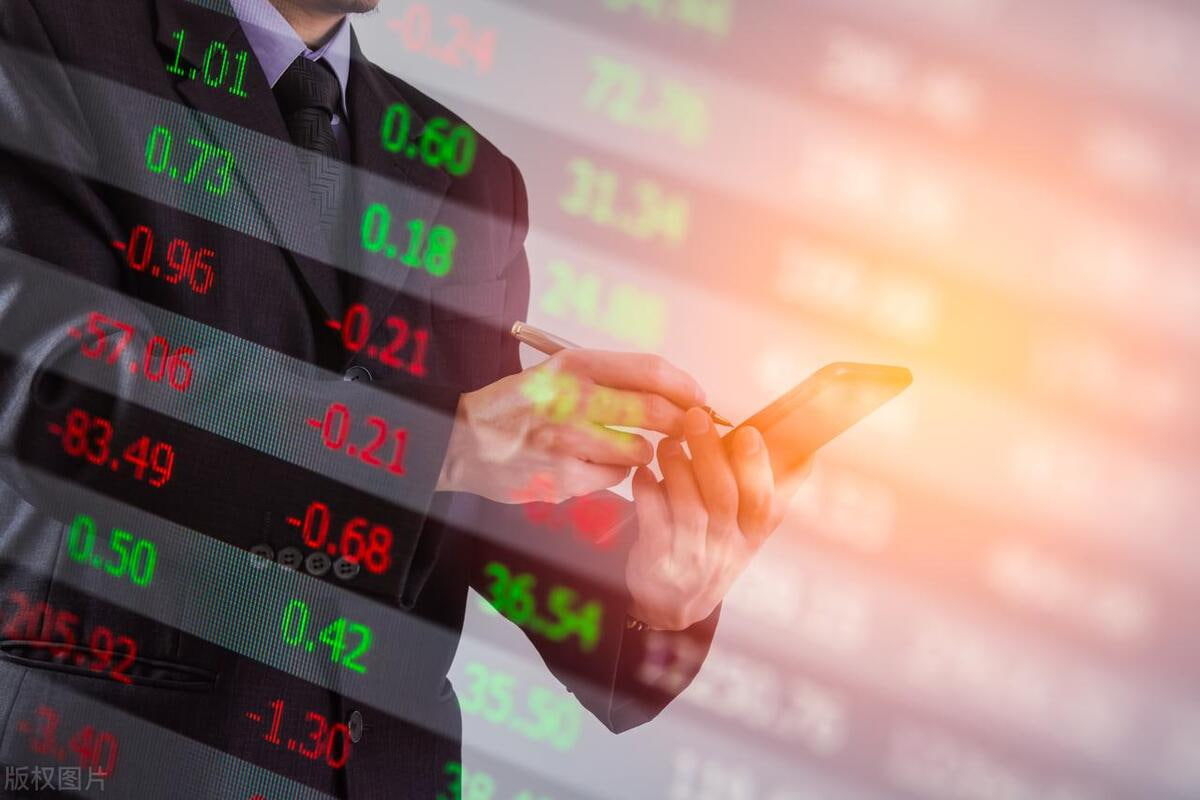Russia's Economic Resilience and the Ukraine Conflict: A Deep Dive Analysis
Meta Description: Russia's economy, Putin's press conference, Ukraine conflict, economic growth, military objectives, geopolitical analysis, Russian military, economic forecasts.
Wow, what a year it's been! From the ongoing conflict in Ukraine to Russia's surprisingly resilient economy, 2023 has been a whirlwind. President Putin's recent annual press conference threw some serious curveballs, sending shockwaves through global markets and sparking heated debates among experts. This isn't just another news recap; this is an in-depth analysis, blending hard data with insightful commentary, offering a nuanced perspective on Russia's current state. We'll dissect Putin's claims about economic growth exceeding Japan's, scrutinize the progress (or lack thereof) of the "special military operation" in Ukraine, and explore the geopolitical implications of it all. Get ready to dive deep into the heart of the matter – because this isn't your average news summary, folks. This is the real deal. We'll unpack the complexities, consider the counterarguments, and ultimately provide you with a well-rounded understanding of this pivotal moment in global affairs. Forget the headlines; let's get to the facts, the figures, and the formidable forces shaping the world today. Buckle up, because this journey into the heart of Russian politics and economics is going to be a wild ride. Prepare for a comprehensive, insightful analysis that goes beyond the surface, exploring the intricate web of factors driving Russia's current trajectory. This isn't just about numbers; it's about understanding the human element, the political maneuvering, and the long-term consequences of the decisions being made in Moscow. So, let's get started, shall we?
Russia's Economic Growth: Outpacing Expectations?
President Putin's bold claim that Russia's economy will surpass Japan's this year sent ripples through the financial world. He projected a 3.9% to 4% growth rate for 2023, with a cumulative growth of roughly 8% over 2023 and 2024. While these figures seem impressive, especially considering the ongoing sanctions and the war in Ukraine, a closer look reveals a more complex picture.
The projected growth is significantly influenced by several factors:
-
High Energy Prices: Despite sanctions, Russia's energy exports, particularly natural gas, have remained a significant revenue stream, cushioning the impact of Western restrictions. This windfall, however, is not sustainable in the long term, particularly with the EU diversifying its energy sources.
-
Increased Domestic Demand: With many international brands exiting the Russian market, domestic companies are filling the gap, boosting domestic production and consumption. This internal market expansion contributes to GDP growth, albeit potentially at the cost of innovation and long-term competitiveness.
-
Ruble Stabilization: The Russian ruble's unexpected strength, partly due to capital controls and increased demand for rubles from energy buyers, has helped stabilize the economy, preventing a full-blown financial crisis.
However, challenges remain:
-
Sanctions Impact: The long-term effects of sanctions are yet to be fully realized. Restrictions on technology imports, financial transactions, and access to global markets will likely hinder long-term economic growth and technological development.
-
Brain Drain: The exodus of skilled professionals and entrepreneurs due to political and economic uncertainties represents a significant loss of human capital, potentially impacting innovation and productivity.
-
Inflation Concerns: While the ruble has stabilized, inflation remains a concern, eroding purchasing power and creating economic uncertainty for ordinary Russians.
Table 1: Key Economic Indicators (Projected vs. Actual – Estimates Vary Widely)
| Indicator | Putin's Projection (2023) | Possible Actual (2023) | Source |
|----------------------|---------------------------|--------------------------|---------------------------------------|
| GDP Growth Rate (%) | 3.9% - 4% | 1.5% - 2.5% (Estimates) | IMF, World Bank, independent analysts |
| Inflation Rate (%) | N/A | 5-10% (Estimates) | IMF, World Bank, independent analysts |
| Ruble Exchange Rate | N/A | Fluctuating | Various financial news sources |
It's crucial to remember that these are estimates, and the actual outcome could differ significantly. The information provided should be viewed as an analysis of available information and should not be considered financial advice. External factors, such as global energy prices and the trajectory of the conflict in Ukraine, will continue to shape Russia's economic landscape.
The "Special Military Operation" in Ukraine: Assessing Progress
Putin's assertion that Russian forces are "gradually achieving" the operation's objectives requires careful consideration. The official narrative often clashes with independent assessments and reports from international organizations. While the Russian military has made territorial gains, particularly in the east and south of Ukraine, the overall picture is far from rosy.
-
High Human Cost: The conflict has resulted in a devastating loss of life on both sides, with significant civilian casualties. The humanitarian crisis continues to unfold, creating immense suffering and displacement.
-
Stalled Advances: Initial expectations of a swift victory have been shattered. Ukrainian forces have proven to be more resilient than anticipated, slowing Russian advances and inflicting heavy losses.
-
International Condemnation: The invasion has drawn widespread international condemnation, resulting in unprecedented sanctions and isolation for Russia. This international pressure has significant economic and political ramifications.
-
Western Military Aid: The substantial military aid that Ukraine has received from Western nations has significantly enhanced its defensive capabilities, changing the dynamic on the battlefield.
Showing the President's war flag, a symbolic gesture, doesn't necessarily reflect the realities on the ground. Independent analysts and military experts offer far more nuanced assessments, often highlighting the significant challenges faced by the Russian military. The ongoing conflict is a dynamic and highly complex situation, and any claim of "gradual progress" needs to be viewed within the context of the significant human and material costs incurred.
Geopolitical Implications and Uncertain Future
The situation in Ukraine has profound geopolitical implications, reshaping the global order and creating new alliances. The conflict has intensified the rivalry between Russia and the West, leading to a new era of heightened tension and uncertainty.
-
NATO Expansion: The war has fueled further expansion of NATO, with Finland and Sweden joining the alliance. This strengthens the Western military bloc and increases Russia's strategic encirclement.
-
Energy Security: The conflict has highlighted the vulnerabilities of European nations dependent on Russian energy, accelerating efforts to diversify energy sources and improve energy security.
-
Global Food Security: Disruptions in Ukrainian grain exports have impacted global food security, particularly in developing countries.
-
Nuclear Threat: Putin's thinly veiled threats of nuclear escalation add another layer of instability and uncertainty to the situation.
The future trajectory of the conflict and its geopolitical consequences remains highly uncertain. Negotiations have so far failed to yield significant results, raising concerns about a prolonged and potentially escalating conflict.
Frequently Asked Questions (FAQs)
Q1: How reliable is Putin's economic data?
A1: Government-released economic data should be viewed with a critical eye, especially in times of political and economic turmoil. Independent analysts often provide alternative estimates, which often differ significantly from the official figures. It’s crucial to consult a variety of sources for a comprehensive picture.
Q2: What is the likelihood of a negotiated settlement in Ukraine?
A2: The prospects for a negotiated settlement remain uncertain. Both sides have entrenched positions, and trust between them is severely eroded. External factors, like Western support for Ukraine, also play a critical role in shaping the dynamics of any potential negotiations.
Q3: What are the long-term consequences of the sanctions against Russia?
A3: The long-term effects of sanctions are still unfolding and are likely to be complex and multifaceted. They could significantly hinder Russia's economic growth, technological development, and integration into the global economy. However, Russia may also adapt and find alternative ways to circumvent sanctions.
Q4: How is the conflict impacting ordinary Russians?
A4: The conflict has a significant impact on ordinary Russians, with rising prices, economic uncertainty, and restrictions on freedoms. The mobilization of reservists has also deeply impacted families across the country.
Q5: What are the potential scenarios for the future of the conflict?
A5: Several scenarios are possible, ranging from a negotiated settlement to a prolonged stalemate or even escalation. The outcome will depend on several factors, including the military situation on the ground, the level of international support for Ukraine, and the internal political dynamics within Russia.
Q6: How is this conflict affecting global relations?
A6: The conflict has significantly strained global relations, particularly between Russia and the West. This has led to a realignment of alliances and heightened geopolitical tensions, potentially creating a new world order and reshaping international cooperation.
Conclusion: Navigating Uncertainty
The events of 2023 have underscored the complex interplay of economics, military strategy, and geopolitics in shaping Russia's trajectory. While President Putin projects an image of strength and resilience, the underlying challenges are undeniable. The conflict in Ukraine, the long-term impact of sanctions, and the potential for further escalation all contribute to significant uncertainties. A nuanced understanding of both the optimism and the pessimism surrounding Russia's situation is vital for navigating the turbulent times ahead. Continued monitoring of economic indicators, geopolitical developments, and military actions will be critical in forming informed perspectives and predictions. This analysis offers a snapshot in time, and ongoing developments will necessitate continuous reassessment and updated perspectives. Stay informed, remain critical, and remember that this is a story that is still unfolding.



